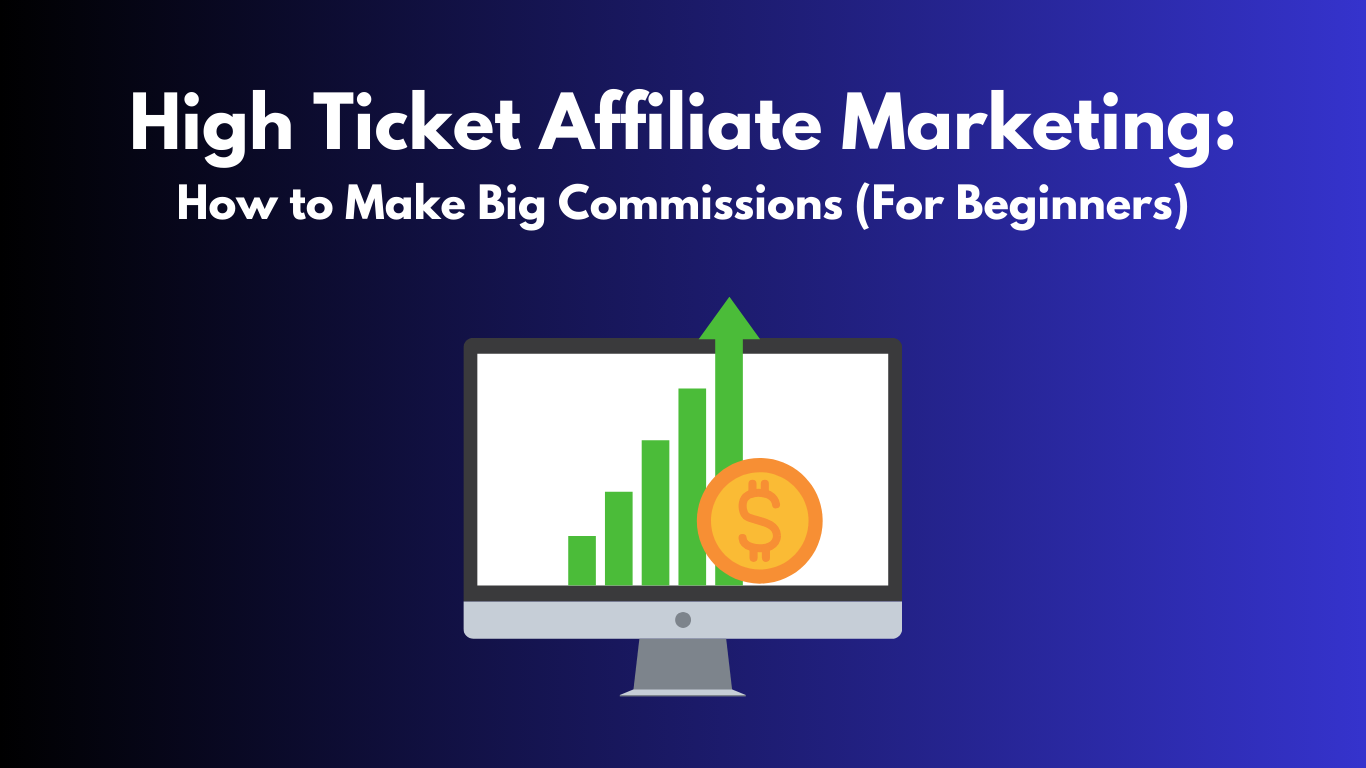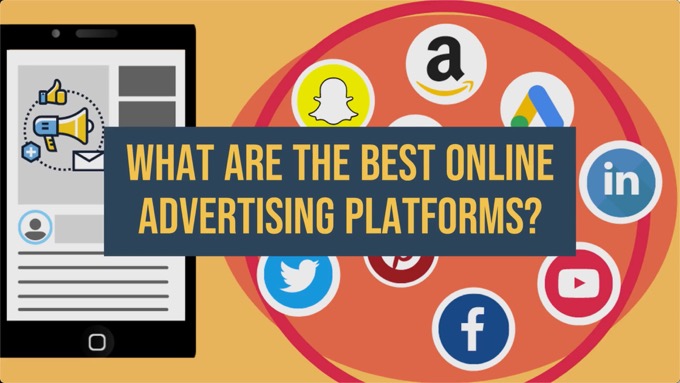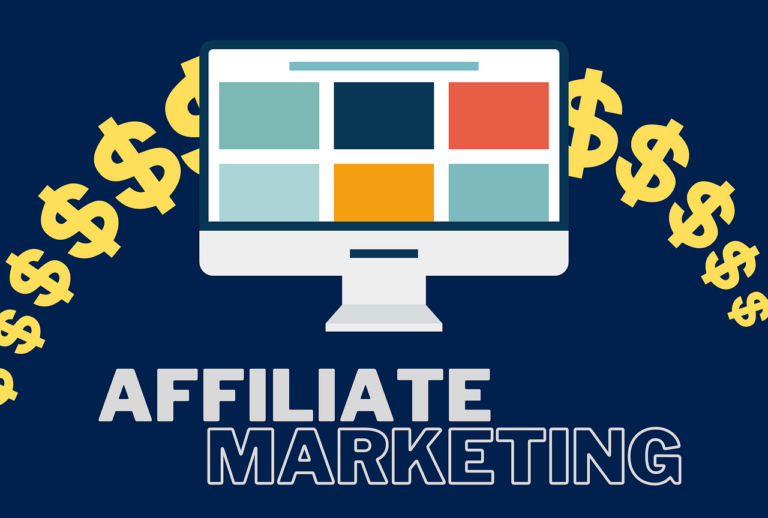High Ticket Affiliate Marketing: Complete Guide to $1K+ Sales

Discover how to succeed with high ticket affiliate marketing in 2025. Learn proven strategies to earn $1,000+ per sale, choose profitable programs, and scale your income.
Did you know that while most affiliate marketers focus on low-ticket items earning $20-50 per sale, top affiliates are quietly banking $1,000+ per transaction?
In this comprehensive guide, I will reveal the strategies and mindset needed to succeed in the lucrative world of high ticket affiliate marketing. Whether you’re a beginner or an experienced marketer looking to level up, you’re about to discover how to transform your affiliate business into a high-profit venture.
High ticket affiliate marketing can be rewarding, yet difficult if you are not willing to adopt different strategies from those used for low-priced products. Since the selling process is usually longer, I know very well that it can be easy to give up and lose confidence in what you are doing. Believe me, I’ve been there many times, including when I’ve started writing this blog.
And don’t think that I don’t like low ticket affiliate marketing. You can make good money even with products that pay $2-$3 commissions. If you want to know more, have a look at my income report and check how I made $6,000 in one month.
And if you really feel like high ticket affiliate marketing is not something for you, luckily there are other ways to start a profitable online business. Check my step by step guide on how to create a profitable affiliate marketing blog to find out how.
What is High Ticket Affiliate Marketing?
Let me share my journey with high ticket affiliate marketing and break down what I’ve learned over the years. It’s quite different from regular affiliate marketing, and boy, do I wish someone had explained this to me when I first started!
I remember when I first discovered high ticket affiliate marketing after struggling to make decent money promoting $27 digital products. I was literally jumping out of my chair when I realized I could earn $1,000+ from a single sale instead of grinding away for tiny commissions.
So what exactly is high ticket affiliate marketing?
Unlike traditional affiliate marketing where you’re promoting lower-priced items like Amazon products or small digital courses, high ticket affiliate marketing focuses on premium affiliate products or services that typically cost $1,000 or more.
We’re talking about comprehensive business coaching programs, high-end software subscriptions, luxury travel packages, or expensive equipment.
The commission structure is what really sets it apart. While regular affiliate programs might offer 5-50% commission on a $50 product, high ticket programs often pay $500-$5,000 per sale.
Some programs I’ve worked with even offer recurring commissions of $200-500 monthly for software subscriptions or coaching programs. And let me tell you – landing that first big commission was a game-changer for my business mindset.
Here are some real examples I’ve seen work well in the high ticket space:
- Business coaching programs ($2,000-$10,000)
- Real estate investment courses ($5,000-$25,000)
- Enterprise software solutions ($500-$2,000 monthly)
- Digital agency services ($3,000-$10,000)
- Trading and investing programs ($2,000-$15,000)
Now, this isn’t all sunshine and rainbows. The biggest challenge I faced was the much longer sales cycle. When someone’s considering dropping $5,000 on a program, they’re not making that decision in 5 minutes like they would for a $27 ebook. You’ve got to nurture these leads, build serious trust, and really understand the product inside and out.
Another hurdle is that the audience pool is smaller. There are naturally fewer people who can afford premium products. But here’s the thing – you don’t need nearly as many sales to make good money. I’d rather make one $3,000 commission than chase 100 people to make $27 each.
The advantages though? They’re pretty compelling. Besides the obvious higher commissions, you’re usually dealing with more professional vendors who provide better support, marketing materials, and training. Plus, higher-priced products often solve bigger problems and deliver more value, which can actually make them easier to sell to the right audience.
One thing that caught me off guard was the need for different marketing approaches. You can’t just throw up some banner ads or quick review posts like with lower-priced items.
Most successful high ticket affiliates I know use webinars, detailed case studies, or personalized email sequences to build the trust needed for these bigger purchases.
Truth is, high ticket affiliate marketing isn’t for everyone. It requires more patience, better sales skills, and a solid understanding of your audience’s deeper problems. But if you’re willing to put in the work to build authority in your niche and really help people make important buying decisions, the rewards can be life-changing.
I’ve noticed that folks who succeed in this space treat it more like a consulting business than traditional affiliate marketing. You’re not just throwing links around – you’re actually guiding people through significant purchasing decisions that could impact their business or life in major ways.
Choosing Profitable High Ticket Programs
Back when I first started exploring high ticket affiliate marketing, I jumped into a program just because it offered huge commissions. Big mistake!
The product was overpriced, the support was terrible, and I damaged some relationships promoting something I hadn’t properly evaluated. That expensive lesson taught me exactly what to look for (and what to avoid) in high ticket programs.
For those wondering where to find legitimate high ticket programs, I’ve had the best experiences with platforms like ClickBank, Semrush, and MarketerHire.
When evaluating a potential program, the commission structure is obviously important, but it’s not just about the percentage. I learned this the hard way! A program offering 50% commission sounds great until you realize they have a 90-day refund period and hold your commissions for 120 days.
The payment terms are crucial. I once promoted a program that looked amazing but had a complicated multi-tier commission structure that made it nearly impossible to track earnings accurately.
These days, I look for clear, straightforward payment terms with reasonable holding periods (30-60 days max is ideal).
Let me share some serious red flags I’ve learned to watch for:
- Vendors who can’t provide proof of past affiliate payouts
- Programs with unrealistic earnings claims (“guaranteed $50K your first month!”)
- No clear refund policy or customer support system
- Pressure tactics to join quickly for “exclusive” deals
- Lack of marketing materials or proper tracking systems
The most profitable program I’ve promoted actually had lower commission rates than others (25% compared to competitors’ 40-50%), but their product was solid, support was fantastic, and their retention rate was incredibly high. This taught me that sustainability often beats initial commission rates.
Here’s my actual due diligence process before joining any program:
First, I try to reach out to existing customers and affiliates. Social media makes this pretty easy now. I ask about their experiences, payment reliability, and support quality. One time this step saved me from joining a program that looked perfect but had a history of missing commission payments.
I also analyze their sales funnel thoroughly. Is it professional? Does it convert? The best program in the world won’t make you money if their sales process is broken. I learned this lesson promoting a great product with an awful checkout process – talk about frustrating!
Something often overlooked is the vendor’s marketing restrictions. Some programs have such strict rules about what you can and can’t say that it makes creating authentic content nearly impossible. I now always review their marketing guidelines before committing.
Here’s a pro tip that took me years to figure out: look for programs that offer backend products or upsells. Some of my best earnings come from commission on upsells I never even had to promote directly. It’s like getting paid twice for the same marketing effort!
Remember, though – due diligence isn’t a one-time thing. I regularly review the performance and policies of programs I promote. Markets change, products evolve, and what was once a great program might not stay that way forever. Staying vigilant has helped me maintain a sustainable affiliate income without any nasty surprises.
Target Audience Research and Selection
When I first started promoting high ticket products, I made the classic mistake of thinking anyone with money was a potential customer.
But I was wrong!
I spent weeks creating content for “business owners” in general, only to discover that was way too broad. It wasn’t until I narrowed my focus to established online business owners making at least $100K annually that things started clicking.
Understanding the psychology of high ticket buyers has been fascinating. These aren’t your typical impulse purchasers – they’re sophisticated buyers who do their homework.
I remember having a breakthrough when I realized my audience wasn’t looking for “quick fixes” but rather comprehensive, proven solutions. They were willing to invest serious money, but they needed to see clear ROI potential.
The pain points of high-end customers are usually way different than what you might expect. While I initially thought price would be the biggest objection, I discovered their real concerns were often about time investment and implementation support.
These folks aren’t afraid to spend money – they’re afraid of wasting it on something they won’t fully utilize.
Here are the key motivations I’ve found that drive high ticket purchases:
- Fear of falling behind competitors
- Desire for proven, comprehensive solutions
- Need for high-level support and accountability
- Want to buy results, not just information
- Looking for status and exclusivity
When it comes to market research, I’ve found some approaches that work particularly well. Social media listening has been gold – I spend time in high-end Facebook groups and LinkedIn communities where my target audience hangs out. The questions they ask and challenges they discuss are pure market research gold.
Something that surprised me was discovering that my ideal customers often weren’t the ones loudly asking for help on social media. The serious buyers were usually quietly researching their options, following industry leaders, and taking notes.
This realization made me shift my content strategy to focus more on in-depth, solution-focused material rather than clickbaity headlines.
I’ve also learned that buyer behavior can shift dramatically based on external factors. During economic uncertainty, for instance, I noticed my audience became more focused on risk mitigation than growth potential. Being tuned into these shifts helps me adjust my messaging accordingly.
When it comes to high ticket affiliate marketing, one thing that’s absolutely crucial is staying current with your audience research.
What motivated high ticket buyers two years ago might not be what drives them today. I now make it a point to regularly revisit and update my buyer personas and market research at least quarterly.
High Ticket Affiliate Marketing Strategies
I’ve spent months refining my high ticket affiliate marketing strategies, and let me tell you – it’s a whole different ballgame from promoting lower-priced products. I learned this the hard way when I first tried using the same aggressive sales tactics that worked for cheaper items. Talk about a face-palm moment!
Pre-selling has been absolutely crucial to my success. I discovered that high ticket sales require building serious trust before even mentioning the product.
One of my most successful approaches has been creating detailed case studies showing real-world applications and results. When I started doing this, my conversion rates nearly doubled. People need to see the transformation before they’ll invest thousands.
Content marketing for high ticket items is all about depth over breadth. I used to pump out tons of surface-level content, but it wasn’t moving the needle.
The game-changer was when I started creating comprehensive, problem-solving content that really showcased expertise. For instance, instead of writing “5 Quick Tips for Business Growth,” I now create in-depth implementation guides that show exactly how to solve specific problems.
Let me share a strategy that’s been working really well. I used to make the mistake of trying to sell too quickly.
But then I’ve started using a different approach and creating more compelling ads and landing pages that convert more.
Following this approach you should make sure to create a sale page focused on these key points:
- Value-packed content focused on the buyers main pain points
- Include case studies and social proof
- Introduction to the solution concept (not the product yet)
- Product introduction and success stories
- Deeper dive into features and benefits
- Urgency and scarcity elements
Another strategy that really surprised me was using LinkedIn for high ticket affiliate marketing. While everyone else was fighting for attention on Facebook, I found that LinkedIn’s professional audience was perfect for high ticket offers.
My approach there focuses on sharing detailed insights and engaging in meaningful conversations rather than direct promotion.
But the most important lesson I’ve learned about high ticket affiliate marketing strategies is that patience is crucial.
You can’t rush these sales!
I used to get anxious when people didn’t buy right away, but I’ve learned that some of my best customers took months to convert. Now I focus on providing consistent value and staying top-of-mind rather than pushing for immediate sales.
Remember, high ticket affiliate marketing is really about becoming a trusted advisor rather than just a promoter.
Every piece of content, every ad, every email, every video should be created with this in mind. When you genuinely help people make informed decisions about significant investments, the sales tend to follow naturally.
High Ticket Affiliate Marketing – Conclusion
High ticket affiliate marketing represents a game-changing opportunity for those willing to invest the time and effort to do it right.
By focusing on quality over quantity and implementing the strategies we’ve outlined, you can build a sustainable business that generates significant income through fewer, more valuable sales.
Remember, success in high ticket affiliate marketing isn’t just about promoting expensive products – it’s about providing genuine value and building trust with your audience.
Start implementing these strategies today, and you’ll be well on your way to becoming a successful high ticket affiliate marketer.





